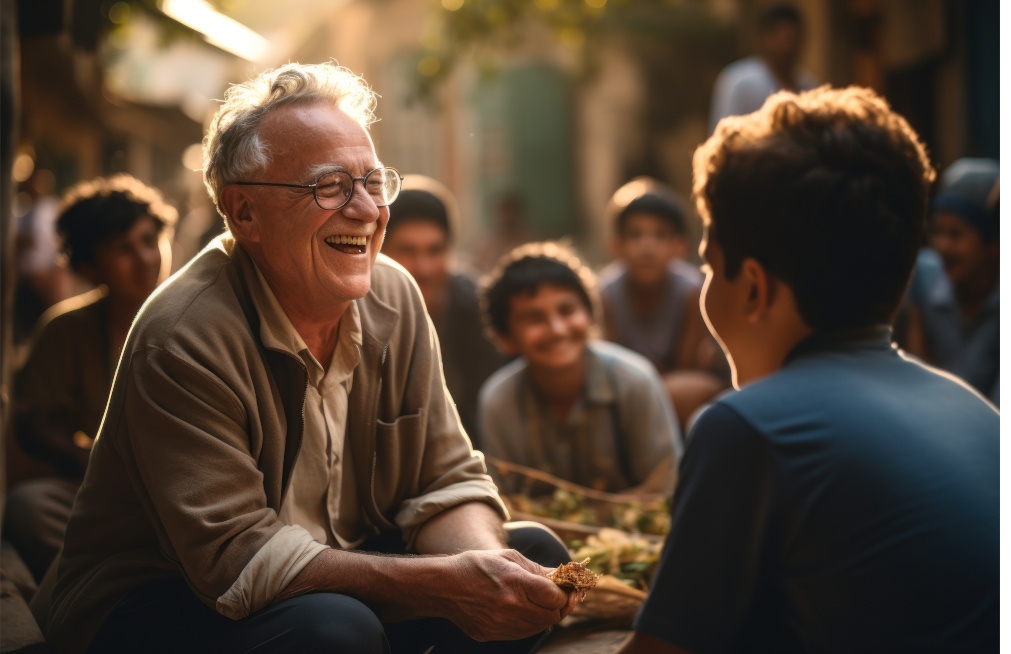March 21, 2024
The Interfaith Peace Project continues its ongoing observance of the International Day of Peace, September 21, by sending out a reflection on the twenty-first of every month. We invite you to share in this effort by sending any articles or information that you would like to share to:
Thomas P. Bonacci, C.P
[email protected]
925-787-9279

LET IT BE SAID
Continuing to Observe The International Day of Peace
by Thomas P. Bonacci, C.P.
I heard a news commentator recently say there was a lively debate in the political arena concerning the border and immigrants. I was stunned at the characterization of “lively debate.”
A true debate is an exercise in civility, intelligence, and respect. One can disagree without being disagreeable. Calling people names, threatening violence, and dehumanizing them are not acceptable on any debate stage. We must be careful not to succumb to the idea that hostile rhetoric is a sign of strength and conviction. Abusive speech is just that – abusive.
As we debate with one another about the issues of the day, we must not debase anyone in the process. We engage in debates motivated by the desire to discover the truth. Therefore, we bring our intelligence, inquisitiveness, humility, and humanity to the conversation. We see the person with whom we might disagree as a companion in search of what is true, good, just, and fair.
How we speak about an issue is as important as the issue about which we speak. I have come to believe that the search for truth is an act of justice. We have an obligation to know the truth and act upon it in ways that are peaceful, fair, and just. Our ability to speak is a precious gift that must be used wisely in the service of the common good. Several elements of dialogue come to mind:
- Dialogue is a matter of mutual blessing for all participants. The sharing itself must be kind and respectful. Participants speak in the manner they would like others to speak to them.
- Participants treasure the opportunity to learn from one another.
- Openness and honesty about issues must consider the well-being, emotions, and dignity of all participants.
- Listening must be active. Participants hear what is said with focused attention on the person sharing. Participants let go of any temptation to defend or offend.
- Forgiveness and healing must be the order of the day.
- Participants share what they have heard, realizing something else may have been said or meant. This allows participants to clarify and explain their various positions, understanding, and sharing.
- Gratitude, graciousness, good humor, honesty, and openness are the virtues of any dialogue in which diverse people forge justice and peace through mutual understanding and cooperation.
My gratitude to you for all the times you engaged in dialogue, debate, and conversation, respecting the dignity of your dialogue partner. Let us continue to rise about the rhetoric of discord and divisiveness as we pursue the truth for the sake of justice and peace.


Off